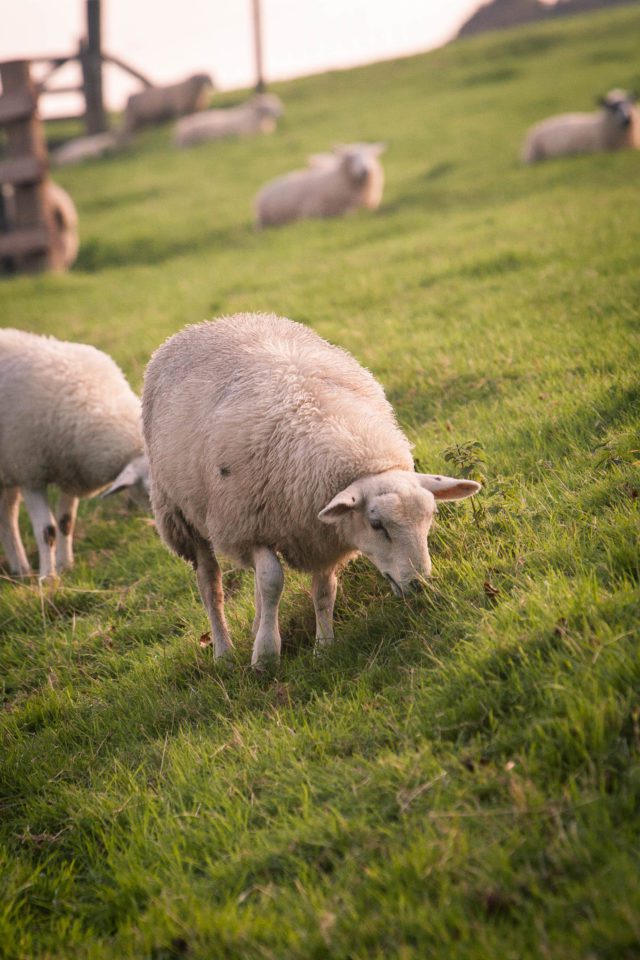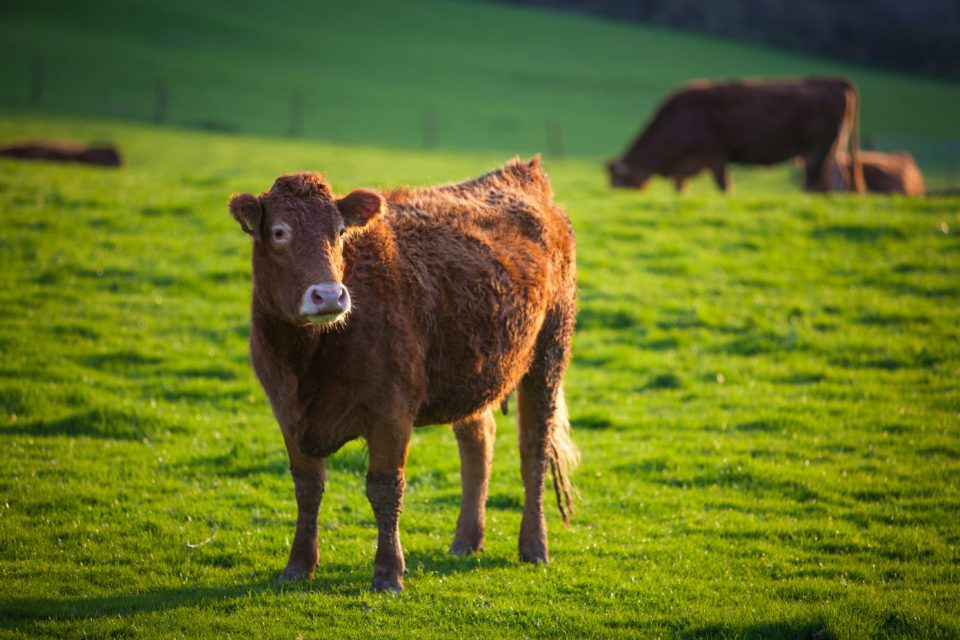The word ‘health’ is derived from the same Indo-European root as ‘heal,’ ‘whole,’ and ‘holy’. “To be healthy is literally to be whole,” says Christian farmer and writer, Wendell Berry. He believes that our emotional, mental, and spiritual condition relates to that of the land, and on this land, we’ve been given authority (Gen 1:26). But not to use however we want—we’re meant to enhance it.
Our society now lines up to buy fat-free items at the grocery store while ignoring the chemical-free options. We are thrust into an obsession with the immediate and the individual, not the future and the communal. Efficiency alone only makes us machines working at the cost of health and relationships. Let’s instead prioritise holistic living. Our goal as Christians is to engage in “a life in conformity with nature” (T.S. Eliot), one aware of the impact of pesticides, artificial fertilisers, factory farming, and food transport.
Our Environmental Coordinator, Jo Greenwood, explains, “Food grown and reared in other countries has to be transported to the UK, causing huge amounts of pollution, which contributes to climate change.” Locally produced foods are one solution to the problem we find ourselves in. Simon Gibson, our Farm Manager, says that “Local food is fresher, it uses less packaging, does less food miles, and is easily traceable. It is generally more sustainable and fits with the local environment. In this area of Exmoor, you are not going to get tomatoes all year round but you do get grass-fed dairy and meat all year.”

Simon also explains how one of the buzzwords of today, “fair trade,” cannot be supported without equal respect for local food, which also is fair trade. “Farmers here have as much right as any coffee grower to a good price without the power of multinationals controlling it. Even tourists like to come and eat local food, knowing where it has come from. If there is a local demand, farmers will supply it.” Eating this fresh food that aligns with British standards of production benefits our own businesses and local economy.
The kitchen at Lee Abbey uses only three local providers in addition to our own farm. This reduces our carbon footprint in terms of food miles. With an extensive grass-based system, our farm is self-sustainable. We purchase as little food as possible to feed the beef and lamb, producing our winter feed from silage made on site in the summer. The muck produced by the animals in the winter is then spread on the fields to complete the cycle, providing nutrients for grass to grow.

As caretakers of creation, we insist on offering the best living conditions possible to animal life. “Lambs are born in the barn and then go live outside from 48 hours old,” Simon explains, “They will only eat grass while they are here. The beef cattle are born inside but are free to roam outside after a few days with access to shelter in the winter.” While growth rates can be slower at a farm like ours in comparison with that of a farm rearing animals intensively, the purpose of farming is not solely commercial or monetary. Sourcing food naturally benefits the animal’s conditions, the local economy, and even the taste of the food. At Lee Abbey, Simon shares that “Guests often comment on the good taste of our meat. We use a local small abattoir employing local people to run it. This decreases stress in transport for the animals so also improving their welfare.”
Together, let’s walk toward holistic life practices and environmental care. Let’s cherish and protect creation. Those of us at Lee Abbey have promised this and we ask you to join us. Join us in a venture of tending ourselves, our animals, our local environment, and our earth with love.
Written by Emily Nelson, Media & Publicity Coordinator, Lee Abbey Devon, 2018.


